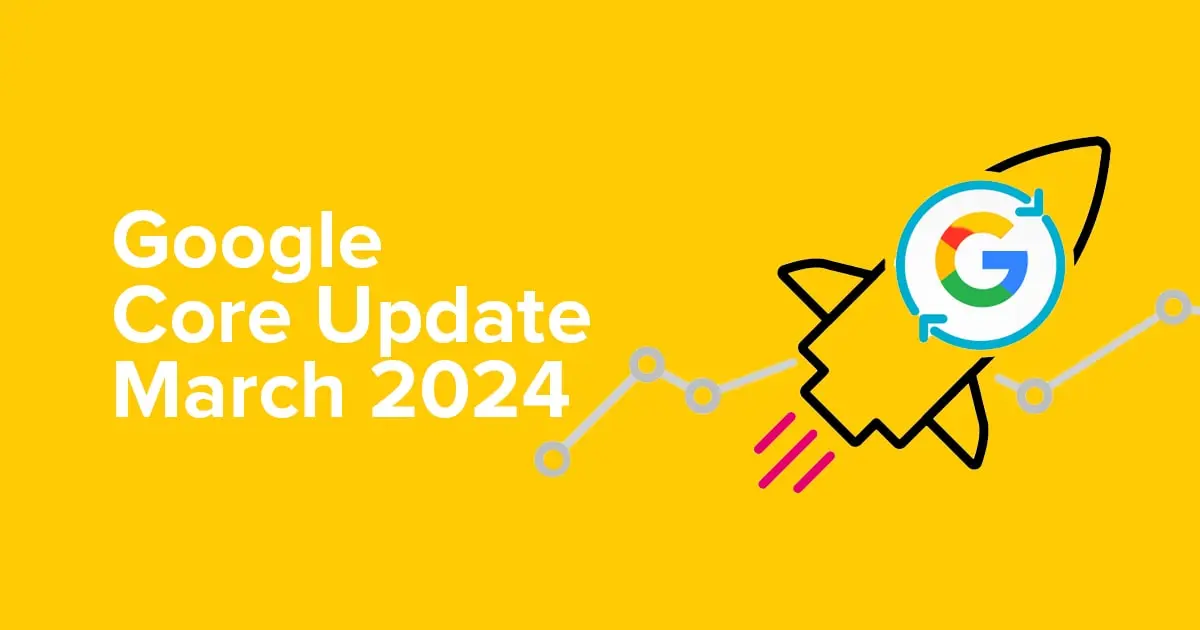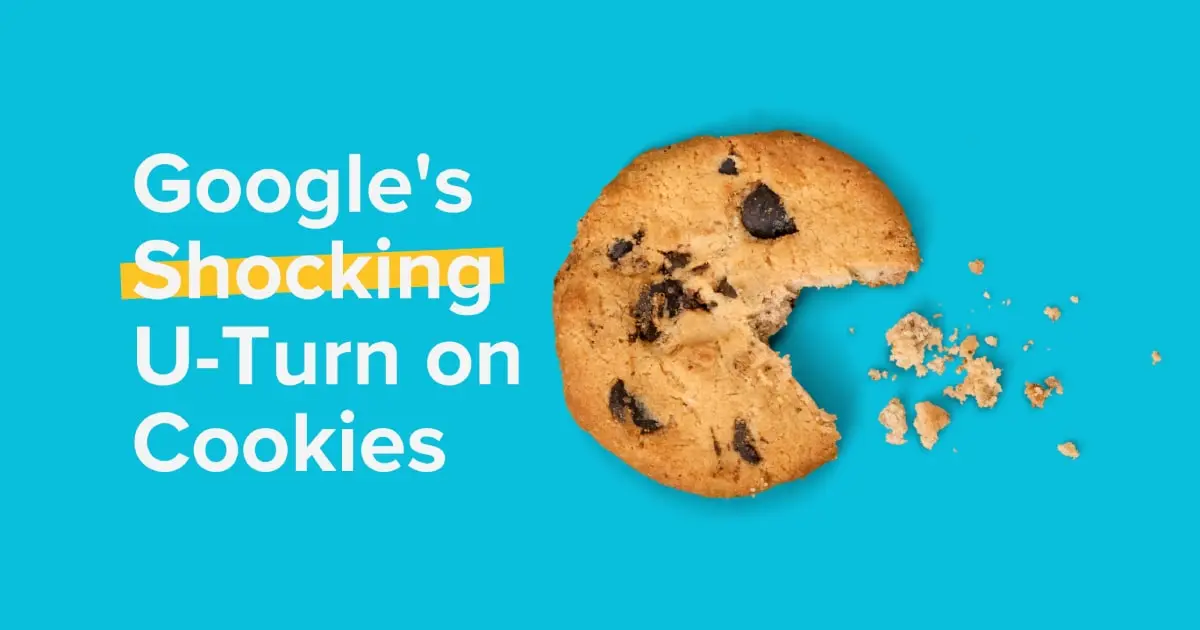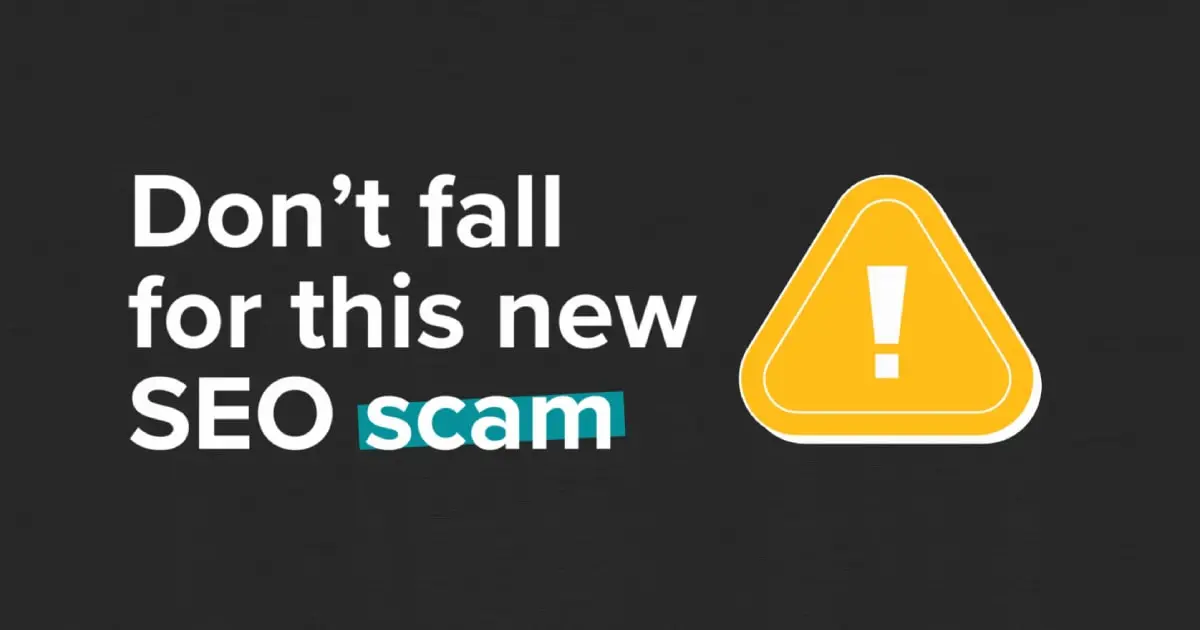


Mel Gibbons
13 March, 2024

The first thing we need to understand is that this practice is problematic for both users and Google. Despite being a convenient and useful tool for content creation purposes, the AI-generated content, as well as other practices considered to be spam by Google, has caused a major disruption in search results by making low-quality websites reach high positions with misleading information. It is the result of those contents being created with the specific objective of over-performing on the quality ranking, but leaving behind the actual aim of providing useful and high-quality content that responds to users’ searches.
In response, Google has been working on those issues since 2022 when they began “tuning ranking systems to reduce unhelpful, unoriginal content”. They expect that the algorithmic enhancements to their core ranking systems as well as the new and improved spam policies, will help them to have a meaningful impact on the negatively affected quality of results they identified on its search engine. The main targets for this update will be websites with lots of AI-generated content, ones with poor user experience, and those that pretend to have answers to popular searches but fail to deliver helpful content.
Despite being very clear that their goal is to identify and penalise websites with low-quality content that go against Google’s guidelines, the reality is that the changes might affect a big proportion of the current sites on the Internet. Part of the new policies were focused on three specific cases that now will be considered to be spam starting from May 5th and will be directly affected by the Google March 2024 Core Update:
Nevertheless, even if your website doesn’t happen to include any of these penalised practices, it is still possible to have some impact on its performance. The recommendation regarding this matter is very clear, it’s necessary to understand that this is an ongoing situation and what we see today might not be true next week, so it’s important not to panic. Instead, website owners should have a look at the content being created and follow Google’s advice on how to improve the website’s ranking for future core ranking updates. To do so it is necessary to ask yourself these questions:
It could also happen that your content is clearly affected by Google’s Core Update as a result of using any of the previously described practices. In that case, it is recommended that you realise the following step by step:
As we have seen, Google’s Core Update is likely to generate a massive impact on most of the websites currently on the Internet, but it is also an opportunity for high-quality and human-made content to stand apart as the option to go. From now on, the priority for website owners and developers is to understand that purely ranking-focused content will be hunted down by Google and human-created content will be benefited as a result. Even though this journey has been happening for some time already, there is no doubt that what we are seeing is just the beginning, and much more is yet to come.
Join hundreds of businesses boosting their knowledge with our monthly insights.
Contact us for an online marketing solution to build your brand and grow revenue.
Contact Us 1300 055 000
1300 055 000

